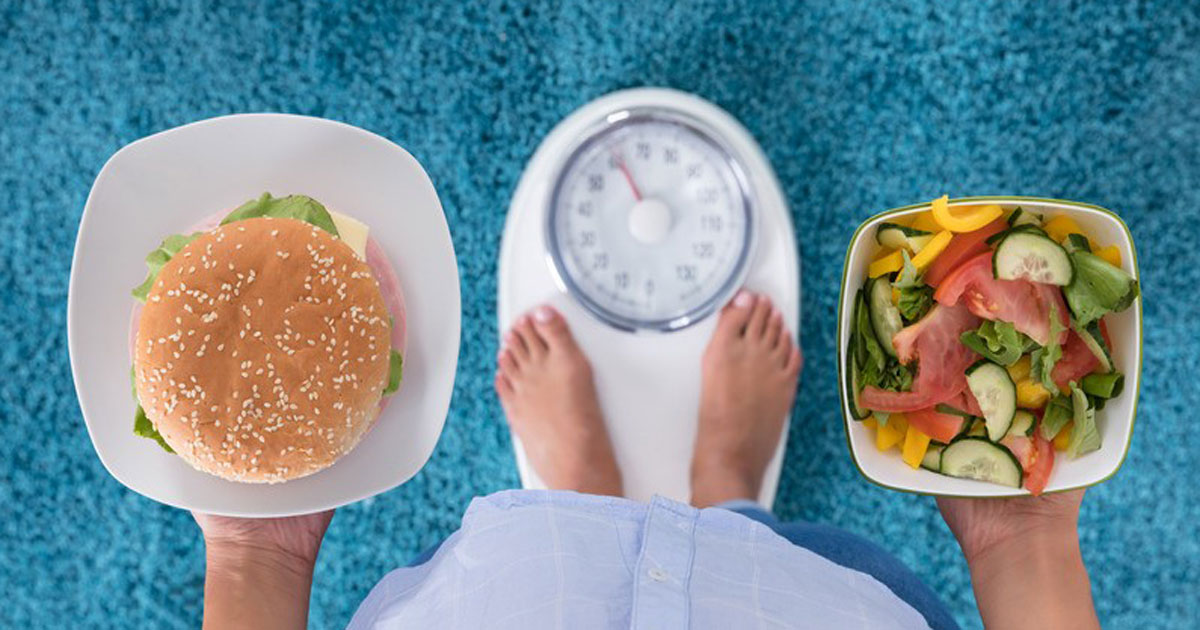Obesity and cancer link

Cancer Research UK say that obesity now causes more cases of bowel, kidney, ovarian and liver cancers than smoking.
In the UK around one in every four adults and around one in every five children aged 10 to 11 are obese – which means millions of people are at risk of a preventable disease.
Experts are warning that the huge improvement in cancer survival rates that has occurred over recent years is in danger of being reversed by the obesity epidemic.
Excess weight is linked to 13 different types of cancer and also increases the risk of type 2 diabetes, high blood pressure, heart disease, stroke and gall bladder disease.
The link between obesity and cancer is well-established, although the biological mechanisms behind it are not yet fully understood. Scientists think that fat cells produce extra hormones and growth factors that tell cells in the body to divide more often – this increases the risk of cancer cells developing.
Being overweight or obese does not mean you will definitely develop cancer but it does increase your risk.
Exercise can be very effective in helping reduce fat stores but so can cutting down on fatty foods. The main sources of unhealthy saturated fat are animal products (meat, eggs, dairy products, pies, pastries, processed foods and fatty spreads), coconut oil and palm fat.
A vegan diet rich in fibre (fruits, vegetables, pulses and wholegrains) helps. Replacing white bread, rice and pasta with wholemeal bread, brown rice and wholewheat pasta can help as can replacing saturated fats found in meat and dairy foods with polyunsaturated fats found in nuts, seeds and plant-based oils and spreads.
Vegans tend to be a healthy weight; people who eat meat and dairy foods are much more likely to be obese. This is because of the high levels of unhealthy saturated fat found in meat, cheese and butter etc.
The World Health Organisation suggests eating more fruit, vegetables, nuts and wholegrains. They recommend physical activity (60 minutes a day for children and 150 minutes per week for adults) and suggest cutting down on fatty, sugary foods, moving from saturated animal-based fats to unsaturated vegetable-oil based fats.
Going vegan is an easy way to lose and maintain a healthy weight.
Read more about how meat and dairy foods increase your risk of obesity and how vegan diets help.




